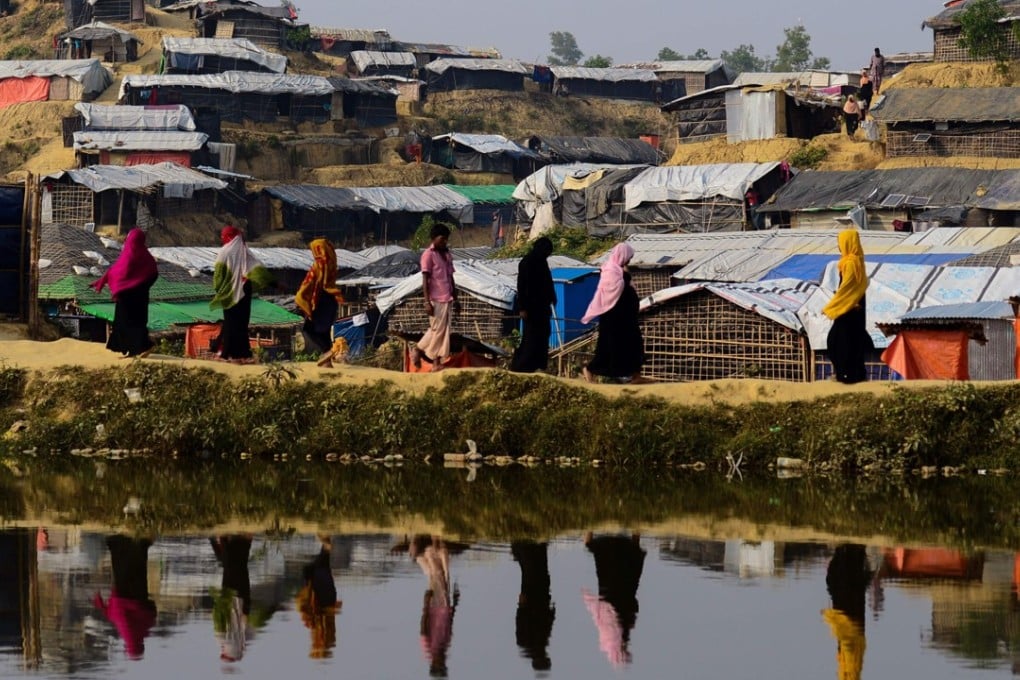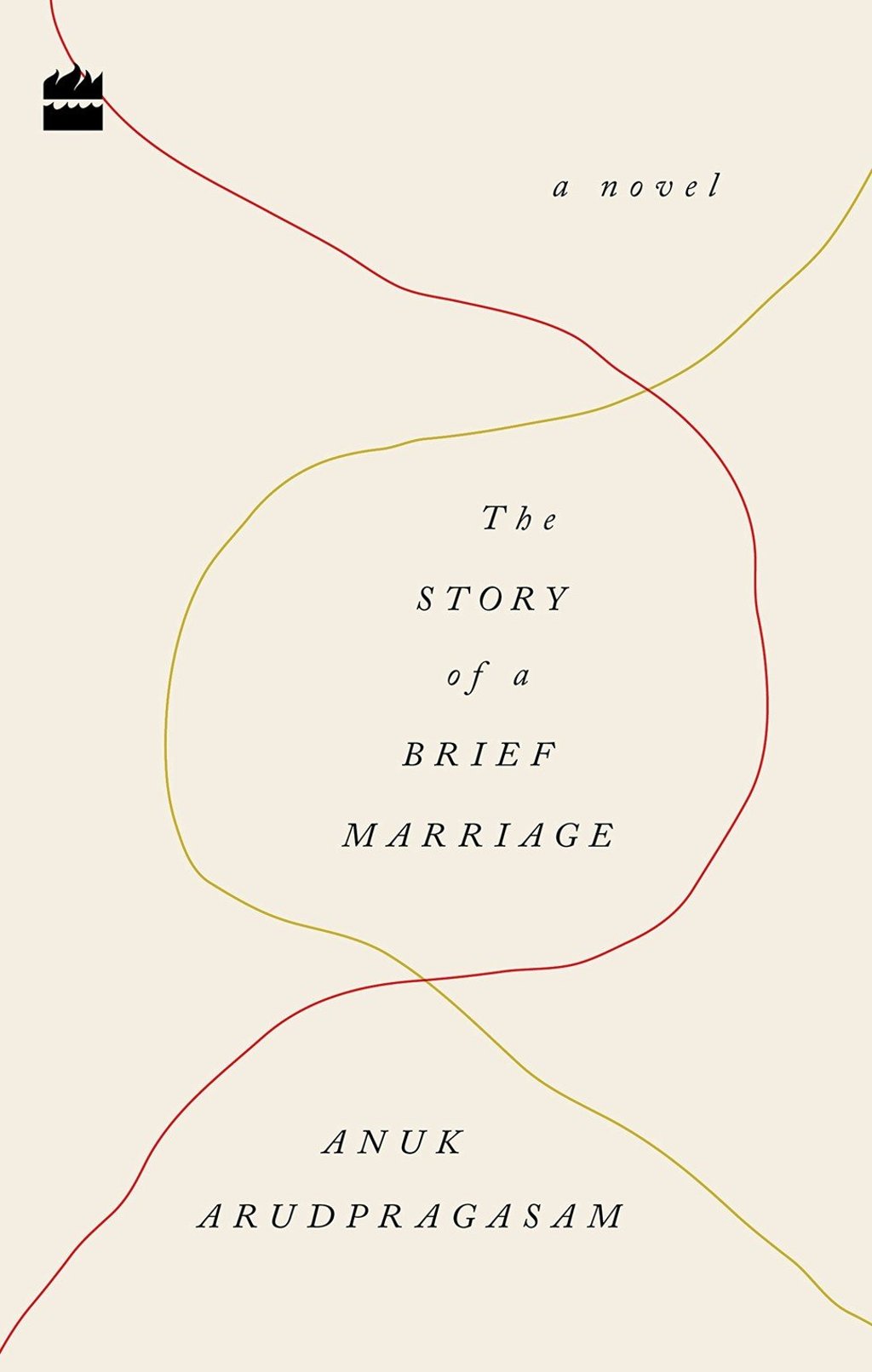Rohingya crisis, creative freedom hot topics at Bangladesh literary festival
Authors Ben Okri and Lionel Shriver, and actress Tilda Swinton, lent star power to the Dhaka Lit Fest, but the flood of Muslim refugees from Myanmar was on the lips of most festivalgoers

During three packed days the grounds of the Bangla Academy, on the campus of Dhaka University, were taken over by writers, artists and readers attending Bangladesh’s annual literary festival.
The Dhaka Lit Fest was launched at a gala event with the Syrian poet Adonis, and ended with the award ceremony for the DSC Prize for South Asian Literature 2017, given to Tamil author Anuk Arudpragasam for his debut novel The Story of A Brief Marriage.

A powerful novella set in the final weeks of the Sri Lankan civil war, it provides a close-up of the devastating physical and emotional pain caused by the 26-year war and its brutal closure by government-led forces. The book focuses on the everyday hardships of those caught up in it. The DSC Prize, worth US$25,000 to the winner, is awarded annually to the best writing about South Asia and its people by writers of any nationality or ethnicity.
If Arudpragasam’s novel is extraordinary in its unforgiving retelling of the devastation of mangled limbs and wrenched hearts, the rest of the Dhaka Lit Fest did not shy away from challenges and controversial topics either.
City of Protest author Antony Dapiran on his fears and hopes for Hong Kong
Adonis, whose real name is Ali Ahmad Said Esber, inaugurated the proceedings on November 16 with a strongly worded call to keep art secular and avoid religion impinging on creativity. Speaking in French, he said, to murmurs from the audience: “There is no creativity allowed in the Koran – we must free ourselves from all constraints.” A year after the deadly siege at the Holey Artisan Bakery cafe in Dhaka last year, where 29 people were killed by Islamic militants, Bangladesh is still coming to terms with the rise of radicalism.
